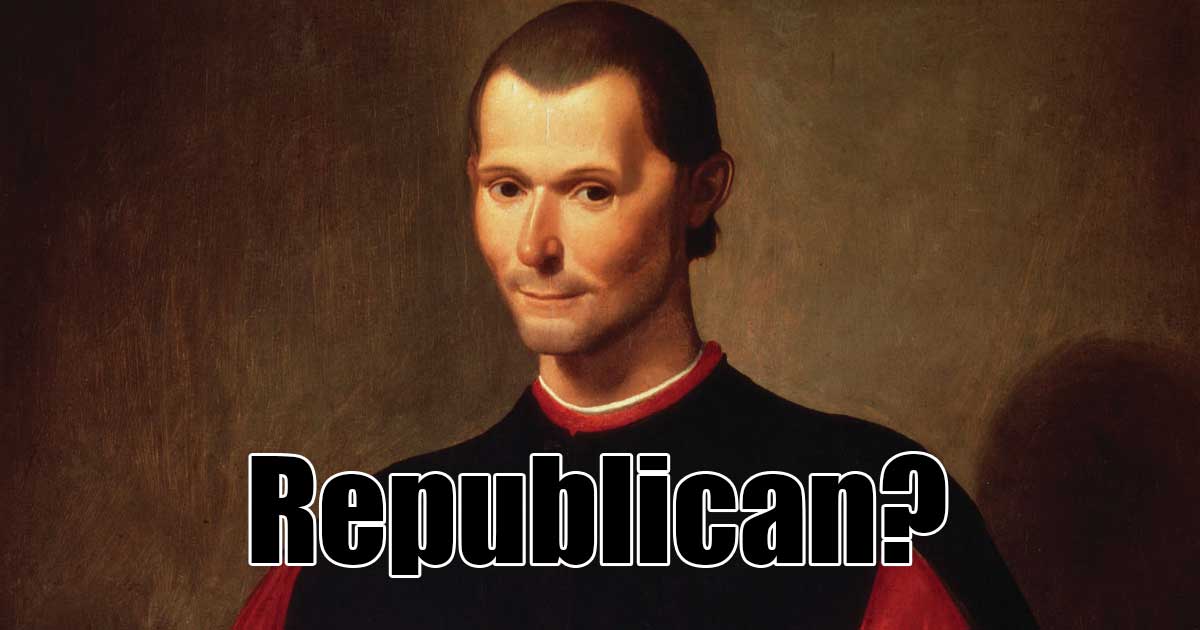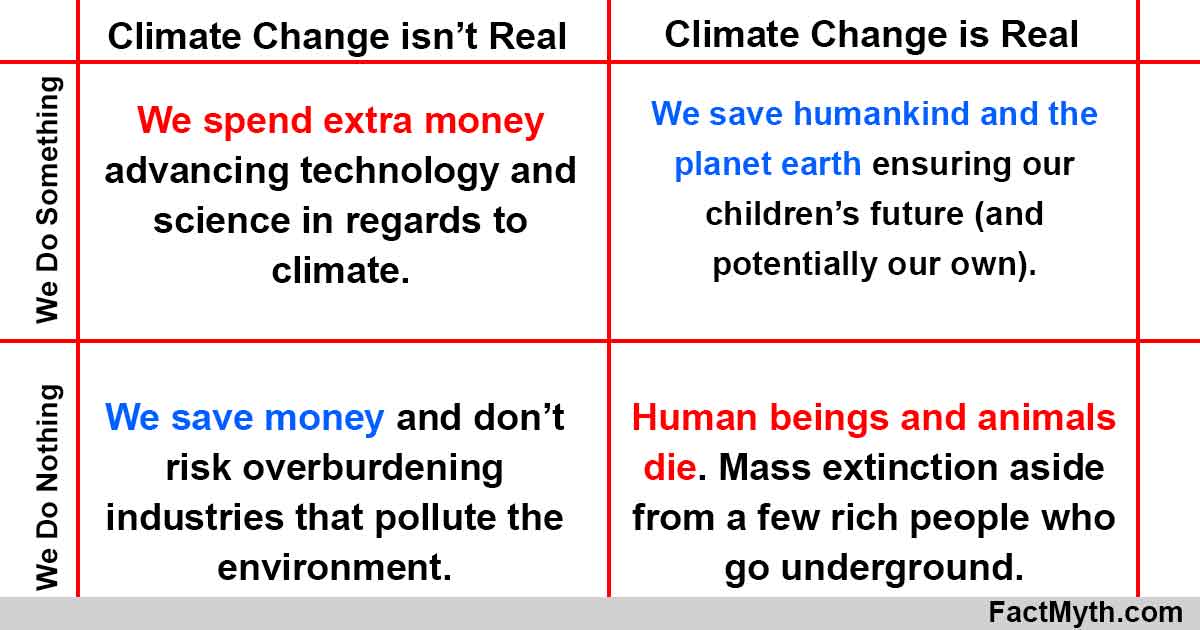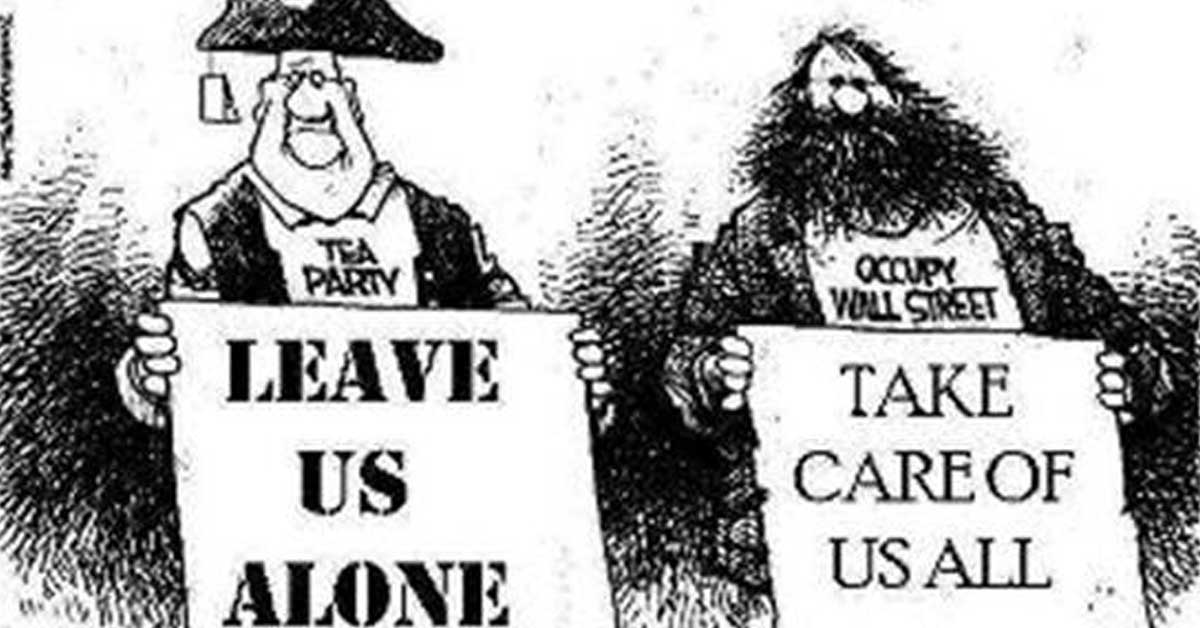The Importance of Principles

Principles are, in a broad sense, simply rule-sets which we follow. Below we will discuss the importance of different types of principles.

Principles are, in a broad sense, simply rule-sets which we follow. Below we will discuss the importance of different types of principles.

The concept of political correctness can be understood as an excess or deficiency of a few key virtues. Here is a model of “the virtues of political correctness” based on Aristotle’s virtue theory of means.

Plato’s Republic, utilitarianism, the philosophies of morality, ethics, politics, virtue, and law are all centered around one question “what is justice?” (AKA “what is fairness?”).

We discuss Republics in general including the philosophy of republics, classical and modern republicanism, and real Republics in-action.

The Economy of Words: The art of communication using all symbolic measures afforded by technology. Or, how to communicate effectively and participate in the information economy, with thrift, despite the tyranny of the terms.

To understand the climate change debate, it is important to clarify some confusion regarding climate change denial and skepticism.

In his Republic, Plato examines how Democracy can lead to Tyranny in a republic. We explain Plato’s theory as it pertains to democracy and tyranny.

Alternative facts describe inconsistent sets of information submitted as plausible evidence for competing sides of a case/debate/argument.

The problem with unsubstantiated information is that it is unverified as true, and often leaked by sources with plausible deniability, which is confusing.

The modern Tea Party is a progressively conservative nativist protectionist populist movement that represent a response to globalism and progressive social liberalism.